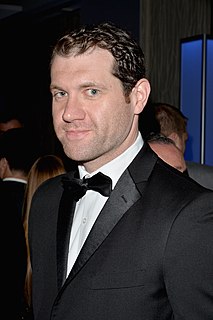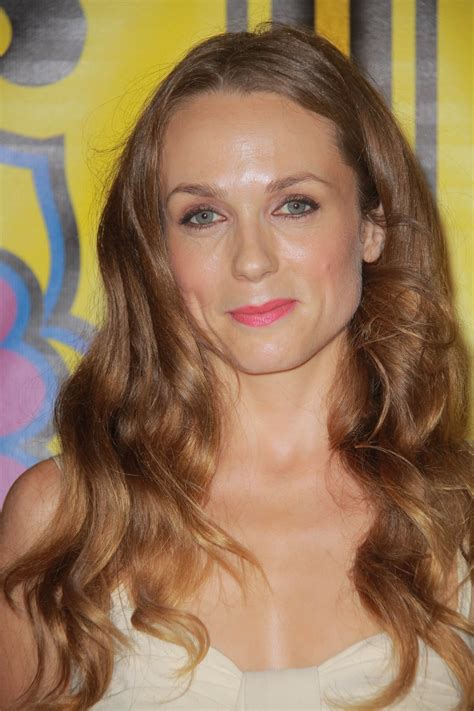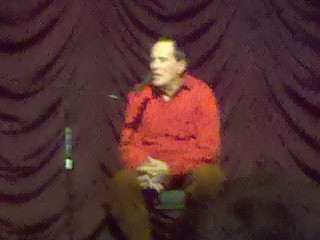A Quote by Cedric Bixler-Zavala
Amputechture' is my personal way of describing enlightenment, or just the celebration of this person who is a shaman and not a crazy person.
Quote Topics
Related Quotes
I receive a lot of letters like yours. Most go on in length, describing all sorts of maddening situations and communications in bewildered detail, but in each there is the same question at its core: Can I convince the person about whom I am crazy to be crazy about me? The short answer is no. The long answer is no.
Entrepreneurs are all a little crazy. There is a fine line between an entrepreneur and a crazy person. Crazy people see and feel things that others don't. An entrepreneur's dream is often a kind of madness, and it is almost as isolating. What differentiates the entrepreneur from the crazy person is that the former gets other people to believe in his vision.
Even if we profess to be non-judgmental, there's an inherent judgmentality and hierarchy in which the spiritual person, the conscious person, the mindful person, is more developed than the typical truck driver or waitress or heroin addict. This is a red flag, another problem built into the concept of spirituality. The truth is that every person you meet is in some way more developed than you are, and that the multiple modes of development that a human being can pursue require the whole of humanity to pursue. We're in this together. Enlightenment is a collective effort.
I do not invent characters. There they are. That's who they are. That's their nature. They talk and they behave the way they want to behave. I don't have a character behaving one way, then a point comes in the play where the person has to either stay or leave. If I had it plotted that the person leaves, then the person leaves. If that's what the person wants to do. I let the person do what the person wants or has to do at the time of the event.
The shaman is a person who is able to transcend the dimensional confines of cultural existence. They know more than the people they serve. The people they serve are like children within the game of culture. Only the shaman knows that culture is a game. Everyone else takes it seriously. That's how he can do his magic.

































